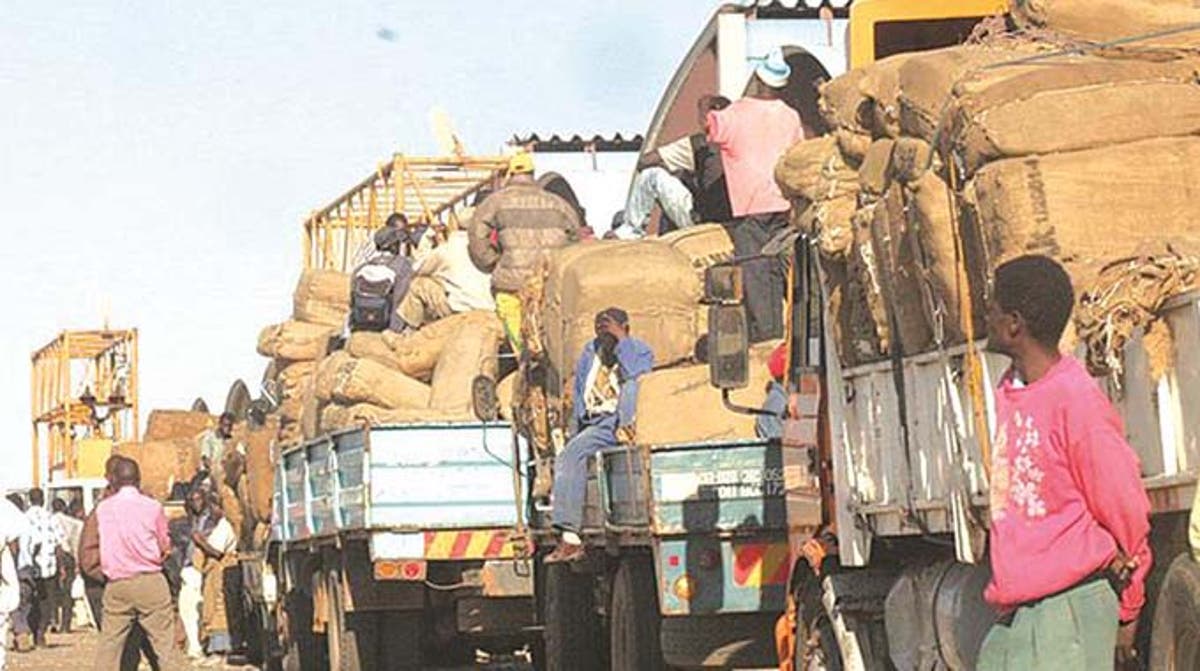Tobacco deliveries surpass 110m kg mark
So far this season flue-cured tobacco sales have surpassed 110 million kg and US$300 million in 33 days, with stakeholders expressing satisfaction at the smooth progress of the marketing and the quality of the crop.
Farmers have sold 112 million kg worth US$301 million at an average price of US$2,69 a kg compared to the US$2,30 a kg average during the same period last year when 84,7 million kg of tobacco had been sold for US$194 million.
This year, tobacco output is expected to increase by eight percent to 200 245 tonnes, from the 184 042 tonnes produced last year, implying that just about a half of the output has now been delivered and sold.
Tobacco Industry and Marketing Board (TIMB) chief executive Mr Meanwell Gudu yesterday said the selling season was progressing well with farmers happy.
“The season is moving fast and there are no problems. Farmers are happy with the prices and we have a firmer average price because of the good quality leaf,” he said.
Zimbabwe Commercial Farmers Union president, Dr Shadreck Makombe, said the marketing season has been smooth except for some few glitches in part of the contract system.
“The TIMB is pro-active and is flushing out inefficient contractors to protect farmers,” he said.
Tobacco Association of Zimbabwe president, Mr George Seremwe, said farmers were getting their cash payments without challenges.
“Although we sometimes encounter some challenges, the season is progressing well. The Reserve Bank of Zimbabwe has enabled farmers to get their cash payments without challenges. We applied to the central bank for such a move, which makes life easier for our farmers. This has also put to an end the congestion at banks,” he said.
Mr Seremwe said some contracted growers were not happy with the prices offered by buyers.
TIMB statistics show that the average price at the auction floors is US$2,75 a kg while the average on contract sales is US$2,68.
To date, 15 897 bales were rejected at the auction floors while 34 166 bales were rejected at the contract floors. But with the vast bulk of production centred on contract growing and selling, this would imply that rejection rates are lower at contract floors for every 1 000 bales delivered.
While the selling season is underway, preparations for the next production season have begun, with irrigated farmers expected to have started seedbeds yesterday. Most irrigated tobacco farmers are contracted growers and get inputs on time.
However, most smallholder farmers who rely on rain-fed agriculture are expected to start sowing in July and August.
Tobacco is ranked as one of the most economically important non-food crops in Zimbabwe, earning millions of dollars annually.
The growing of the crop contributes significantly to improving the livelihoods of many people especially those in rural areas, as it now involves thousands of farmers and employs many people.
The growing wealth of communities and the marketing decentralisation following the Covid-19 pandemic has seen rapid growth in the swathe of smaller towns across the tobacco belt.-herald.cl.zw










